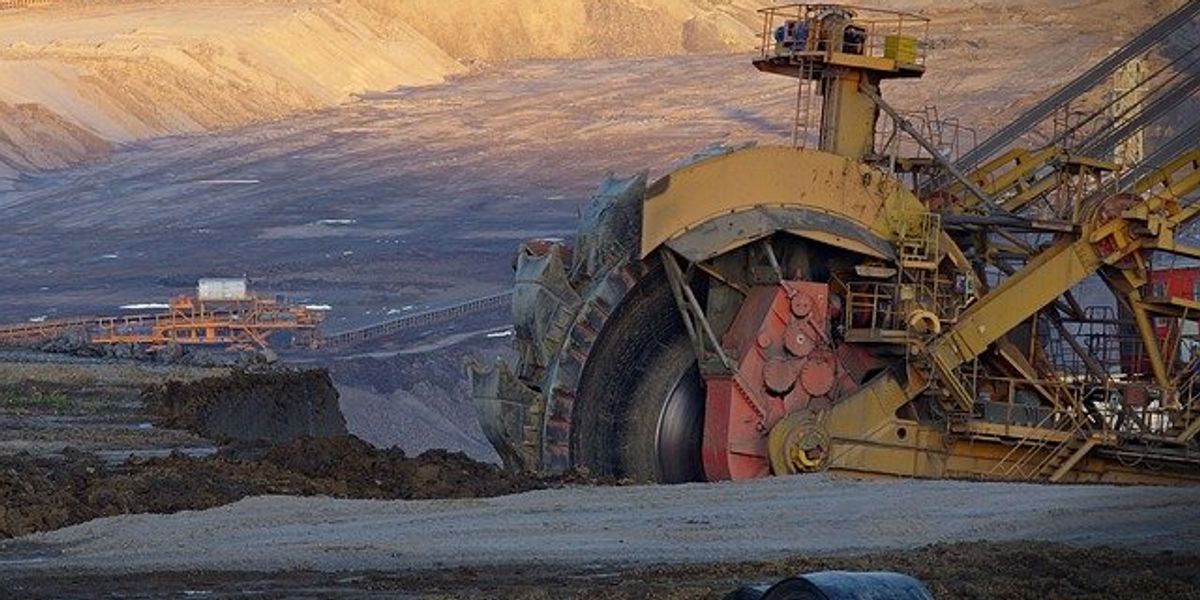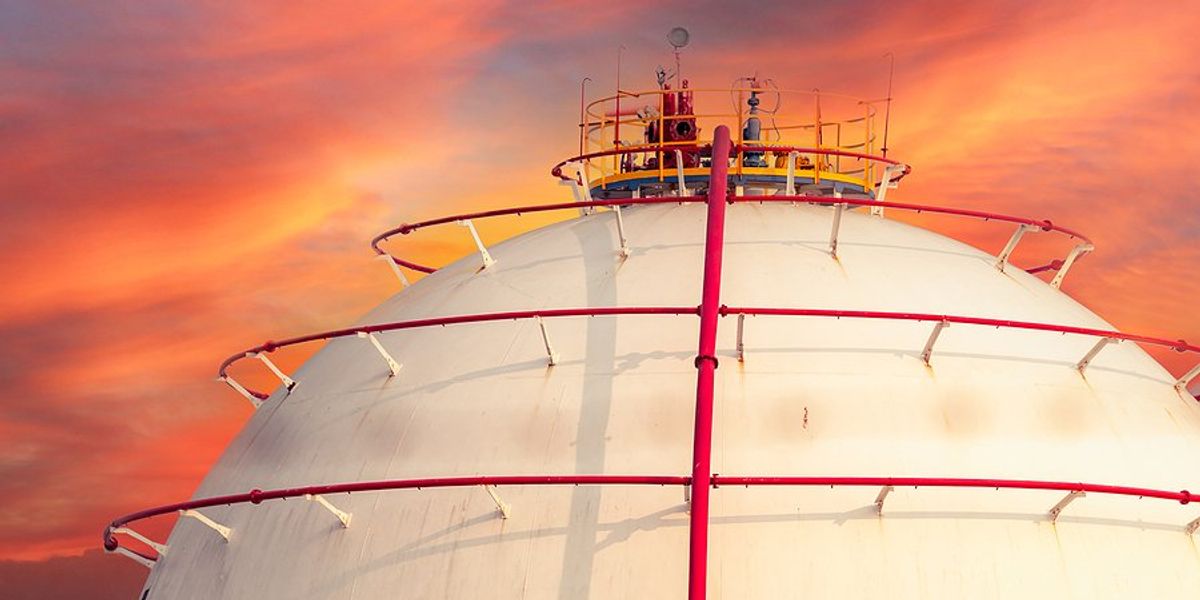melting ice
Scientists document the global disappearance of glaciers
The melting of glaciers worldwide is accelerating, with many already gone, prompting scientists to create an inventory of these lost ice masses.
In short:
- Thousands of glaciers have vanished globally, with losses in regions including Venezuela, New Zealand and Switzerland.
- Scientists are now tracking these extinct glaciers, creating inventories to map the extent of the losses.
- Smaller glaciers may be beyond saving, even with drastic climate action, though larger glaciers might still have a chance.
Key quote:
“The end happened so fast.”
— Mauri Pelto, glaciologist at Nichols College
Why this matters:
Glacial loss signals the rapid advance of climate change, threatening water sources and ecosystems. The irreversible disappearance of smaller glaciers highlights the urgency of global climate action.
Read more: People are flocking to see melting glaciers before they're gone—bringing both benefit and harm
Climate change threatens to unearth US nuclear waste abroad
Rising sea levels and melting ice sheets may expose nuclear waste from U.S. projects in Greenland and the Marshall Islands, posing environmental and health risks.
In short:
- A Government Accountability Office report highlights the risk of climate change disturbing nuclear waste in Greenland and the Marshall Islands.
- The waste includes radioactive material and carcinogenic chemicals, potentially impacting local food chains and health.
- Disagreements persist between local governments and the U.S. Department of Energy regarding the handling and communication of these risks.
Key quote:
"The possibility to influence the environment is there, which could further affect the food chain and further affect the people living in the area as well."
— Hjalmar Dahl, president of Inuit Circumpolar Council Greenland
Why this matters:
Nuclear waste has left the Marshall Islands and parts of Greenland as environmental sacrifice zones. Peter Dykstra chronicled several such sites for EHN, noting how climate change-induced phenomena like sea level rise and permafrost melt are exacerbating risks to human health and the environment.Our oceans are the warmest in recorded history. This is why it's so concerning
Why Antarctica’s melting ice is an existential crisis for people in Texas
Western Antarctic sea loses 3 trillion tons of ice in 25 years, study finds
The Amundsen Sea in western Antarctica has been hit particularly hard by the catastrophic effects of climate change, losing over three trillion tons of ice in just 25 years. This region stands out as one of the areas most severely affected by extreme weather conditions.



















